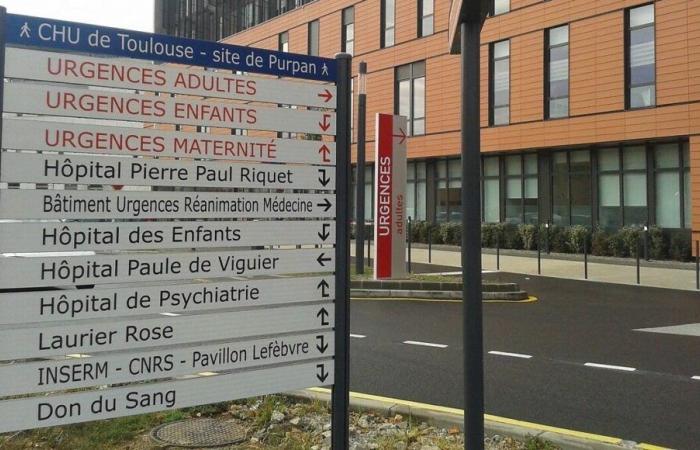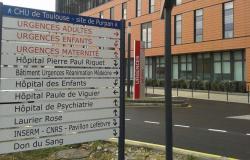
Verbal attacks, threats, physical violence, shoving, intrusions into the office… The number of attacks, physical or verbal, has increased significantly between 2022 and 2023 on our territory. More specifically, 147 caregivers reported cases of violence last year in the Occitanie region, compared to 104 in 2022. An increase of more than 41%. In the department of Haute-Garonne, this figure increased from 17 to 32.
“Slightly more difficult patients”
Thierry Brillac has been a general practitioner for 35 years in Toulouse, in the Sept Deniers district. He is faced with the problem of violence “once every two or three months”but this is not a new phenomenon. “I believe that we still have things that have always existed, even if we perhaps have patients who are a little more difficult or a little more demanding. I think that we can say above all that it is becoming more democratic. That is to say, even people we have known for a long time can have behavior that will really change suddenly, because we do not respond to an expectation based on a felt emergency, even if we try to put in place a lot of teaching to try to do so that these people can be heard or received fairly quickly, but within a time frame that is impossible now.”
The waiting time for a consultation is therefore one of the main causes of attacks against doctors, but not the only one. “These reasons are linked in particular to patient care, but also to refusals of prescriptions, or even falsification of documents, underlines Doctor Stéphane Grill, general secretary of the order of doctors for the department of Haute-Garonne. If we were to retain the four main reasons at the origin of the violence, it is a criticism relating to care in almost 40% of cases, a refusal of a prescription, whether it is a medication or a withdrawal work in almost 20% of cases, falsification of documents in almost 10% of cases and a waiting time considered excessive in 10% of cases as well.”
Secretaries also targeted
And doctors are not the only ones affected by these acts of violence. “It happens that the secretary is bothered”or even verbally attacked, as Dr. Thierry Brillac points out. “In my office, there was no physical violence but words. Unfortunately, that can happen. We are sometimes forced to drive patients out of the medical center. Because sometimes, we will say that we will perhaps have a little more authority than what they may have at the secretarial level Here, we are in situations which unfortunately are more frequent. Patients perhaps have a little more restraint when they are. in the presence of the doctor. “The noise level increases so we have to go out and interrupt the consultation to do some policing with people who find themselves threatening to the secretariat.”
To help doctors after they have been confronted with attacks, the Doctors Organization Work Health (MOTS) association receives their calls. But to report violence “the process is complicatedunderlines Jean Thévenot, president of the association. Caregivers do not always have the time to take the necessary steps and ultimately, it is often only the most serious cases that are reported in the calls. We often see people calling about the personal or psychological consequences of repetitive situations of aggression. This represents 10 to 15% of the reasons for calls, but these are calls for caregivers who are often very psychologically affected by these situations and which sometimes lead them to think about moving, that is to say withdrawing their plaque, change career.”





